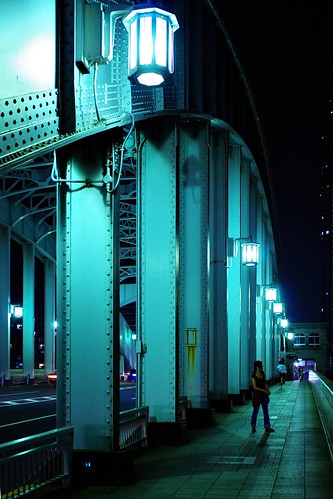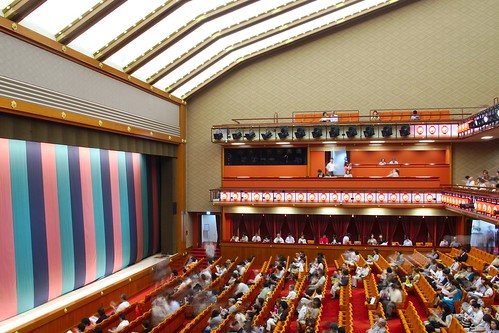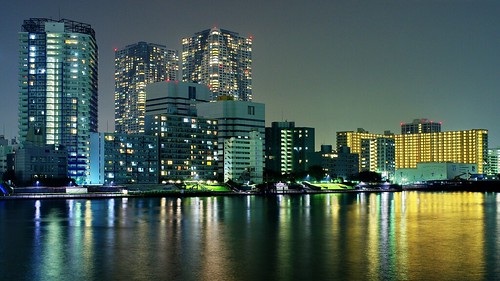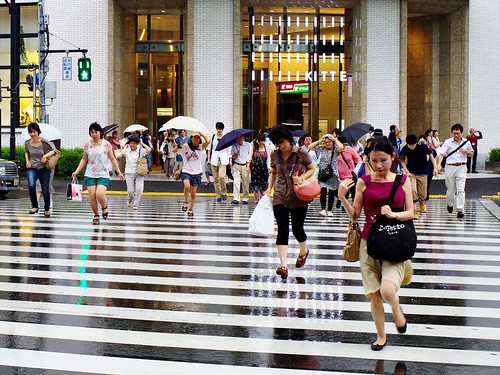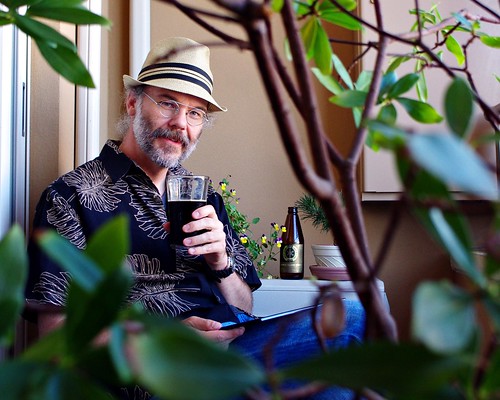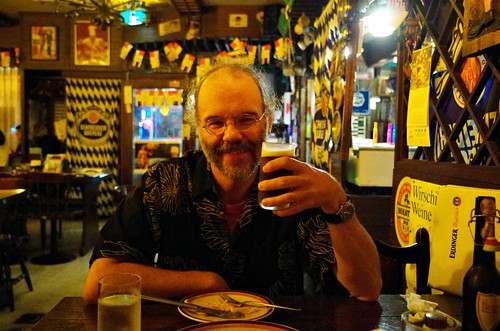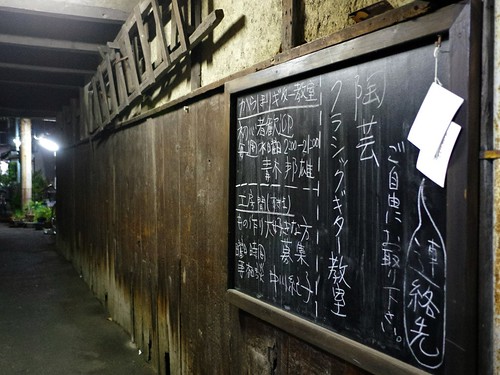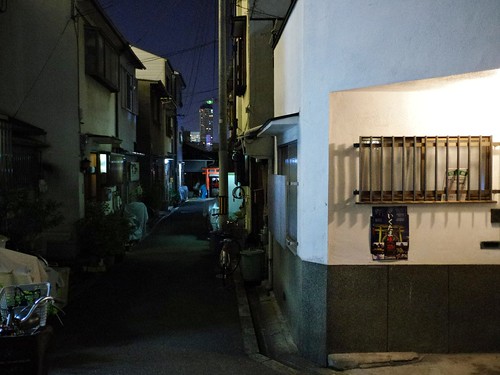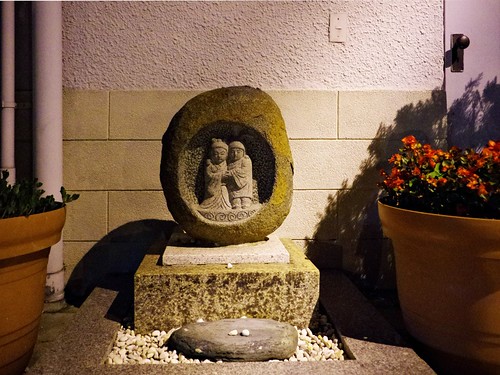In early June I bought the Merchant Princes trilogy by Charles Stross as ebooks, and finished them this week. The story started at a fairly laid-back pace, perfect for reading in bite-size chunks on the train home. The pace and the pressure gradually increased, though, and I finally read the last half of the third volume at a frantic pace over the past weekend.
At the end Stross left his protagonists temporarily safe but with an uncertain future and some incredibly juicy open plot lines to explore further; I'm very happy to hear he is planning a set of sequels. If you're at all into thrillers, science fiction or urban fantasy then you owe it to yourself to pick them up.
 |
In fact, my 50 ebooks (not counting out of copyright works and the like), a mix of fiction and non-fiction, has cost me about 15000 yen in total, or around 300 yen per book. By comparison, typical fiction paperbacks will go for 500-1500 yen, and non-fiction books can cost multiple times that.
How could it all be so cheap? I got my O'Reilly programming books on half-off sales; they have something on sale every day, so you can simply wait until the book you want is on special offer. I've paid about $20 each for two Humble Book Bundles, but they contain about a dozen books each. Most of the other books are free from the publishers or released as Creative Commons by their authors.
Publishers know that the biggest obstacle to sales is not price or quality, but simply making readers discover the author in the first place. So they release short stories and early novels for free on the net, or through book bundles for a pittance, hoping that people will try the sample and get hooked on the author. It's rather like a drug dealer at a street corner offering the first sample for free.
This approach works, of course. If I hadn't downloaded and read Charles Stross' Accellerando, Scratch Monkey and his Laundry short stories I wouldn't have bought the Laundry novels or his Merchant Princes trilogy either. A few free samples converted me to a fan and a reliable future buyer of his books.
But there's a lot of free stuff out there today. Tor Books downloads are here for example and Small Beer press has CC licensed works here1. Feedbooks has a large, though uneven, archive, and Project Gutenberg is the giant of out-of-copyright English literature. Aozora Bunko offers old and free books in Japanese, while Projekt Runeberg scans and digitizes Scandinavian literature. Many authors offer works on their web sites, and a few, such as Cory Doctorow publish all their works under a CC license.
This is like having a dozen drug dealers on every street corner pushing more free samples you could ever use into your hand. My available reading time has not increased, and I can only read so much every year. Every free book or book bundle I get uses up reading time that I won't use for a full-priced book. I pay a fraction of the list price for my reading without even trying to, and could probably pay nothing at all were I a real cheapskate.
Good for me of course, and no doubt good for many other readers too. I do wonder what impact this de-facto price cut has on the publishing economy though. I suspect the potential impact is rather larger than for libraries.
Libraries will of course let you borrow books for free, but they only have one, sometimes two, copies of each book. If twenty people saw my post here and wanted to borrow "Accellerando" at the Osaka municipal library (assuming it's even there at all), they'd have to wait their turn over the next year or so. At least some of them would perhaps end up buying it rather than wait. For a free ebook, on the other hand, all of them can visit that link above and get the book right here and now, no strings attached.
Even if the transition to ebooks as the dominant format really happens and goes smoothly, I suspect the publishing world will be in for interesting times. Piracy will be largely irrelevant, and DRM a distraction and net negative for everyone; instead I think it's the publishers own marketing that will have the largest impact on their futures.
#1 Try "Stranger Things Happen" and "Magic for Beginners" by Kelly Link. Some of the best short stories I've ever come across; they were a nightly treat when going back home on the train the past winter.
Short story collections in general are great for commutes. You can finish a whole story the same day. They're condensed and fast-paced enough to hold your interest no matter how crowded and noisy the train may be. And if a story fails to grab you, you can skip just that one without a guilty feeling that you should finish what you started.
Short story collections in general are great for commutes. You can finish a whole story the same day. They're condensed and fast-paced enough to hold your interest no matter how crowded and noisy the train may be. And if a story fails to grab you, you can skip just that one without a guilty feeling that you should finish what you started.

